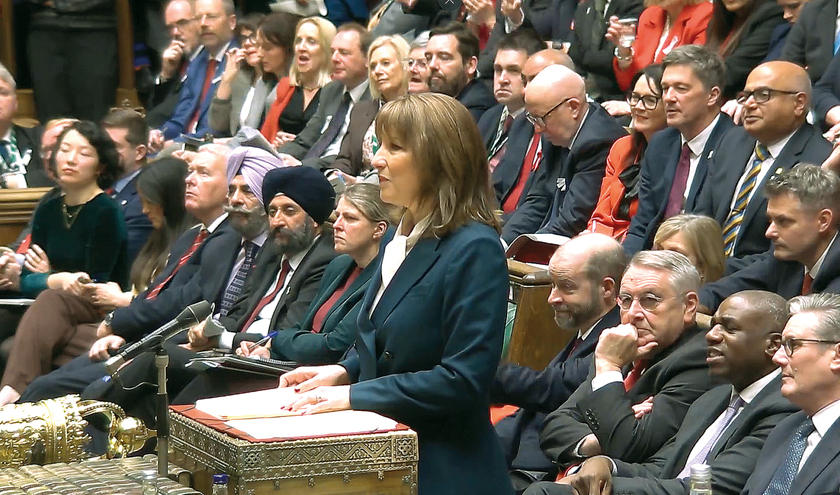The healthcare system is under immense pressure. Staff are tasked with addressing immediate demand, managing backlogs while simultaneously driving a long-term shift toward a population health model. At the NHS Confederation, we often refer to ‘split-screen thinking'—the delicate balance of responding to the urgent needs of today while working toward the ambitions of tomorrow. If we focus too narrowly on short-term solutions, we risk undermining long-term goals and missing opportunities to build a more sustainable, effective NHS.
More than 7.5m people are currently waiting for hospital treatment. But how many of these individuals actually need consultant-led care? The Government's Elective Reform Plan is an important step in tackling excessive waiting times, but we must ensure this doesn't translate to an expansion of hospital services, simply duplicating existing capacity elsewhere and creating inefficiencies. Using capacity within the independent sector is the right thing to do, but it should not be viewed as a panacea given that in many areas the sector draws on the potential NHS workforce. We need to see the same ambition to work with primary and community care providers and to enable existing professionals to work at the top of their licence.
Moving care out of hospitals and into community settings not only improves patient outcomes but also makes economic sense. Our research has shown that every £1 invested in primary and community care yields a £14 return in terms of wider economic benefits, compared to just £4 in secondary care.
Consider hearing and eye care, for example. ENT and ophthalmology are two of the biggest contributors to the elective backlog and with an ageing population demand is only set to rise. However, a significant proportion of patients do not require an acute intervention and could be treated faster through community-based services, relieving pressure on secondary care and preventing a rise in more complex – and costly – conditions.
Hearing loss, especially age-related, is a public health issue with widespread implications. It is linked to conditions like dementia, depression, social isolation and even unemployment. At present, patients needing ear or hearing care must visit their GP, a process that inevitably contributes to the gap between demand and capacity. However, many of these patients could be treated by community-based audiology professionals without stepping foot in a hospital. By implementing the right care pathways, we could prevent an estimated 250,000 hospital ENT appointments annually.
Glaucoma, an entirely preventable disease, is the leading cause of demand for ophthalmology hospital services. By reducing unnecessary referrals and offering community-based monitoring, we can manage the condition more effectively, reducing the risk of avoidable sight loss. A recent report showed that by consistently commissioning key eye health interventions through optometry across England, we could reduce hospital eye appointments by over 750,000. This approach would also decrease demand for A&E and GP services, totalling a reduction of 1.9m appointments and yielding potential fiscal savings of £98m. Those are not insubstantial figures!
Located on high streets up and down the country optometry and audiology practices are rooted in communities and can play a vital role in delivering a Neighbourhood Health model. There is an opportunity here to reimagine how care is delivered, to shift services out of hospital and closer to home. Let's use it.



